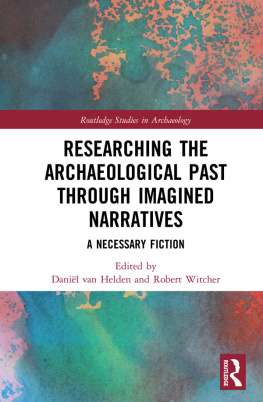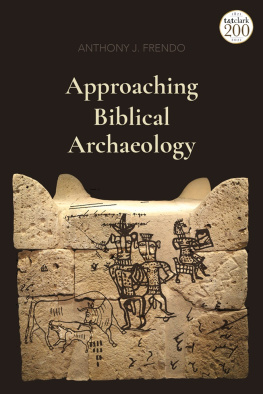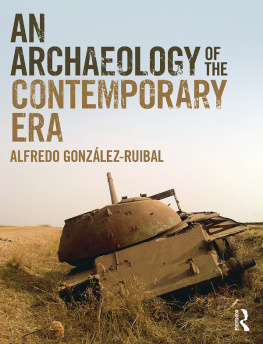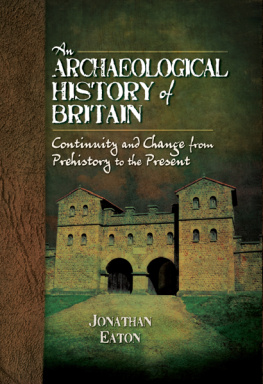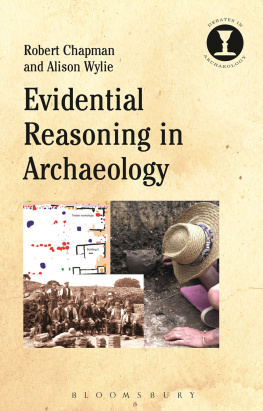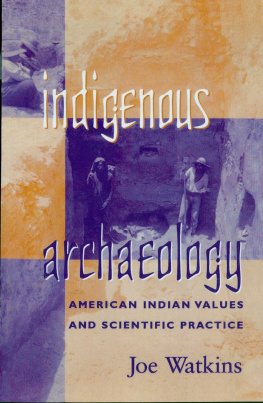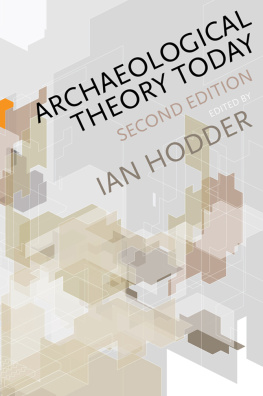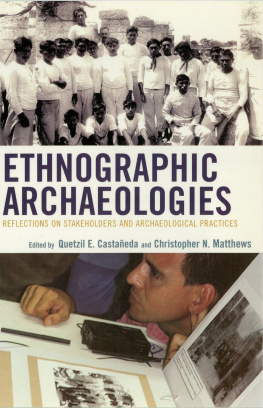Daniël van Helden (editor) - Researching the Archaeological Past through Imagined Narratives: A Necessary Fiction
Here you can read online Daniël van Helden (editor) - Researching the Archaeological Past through Imagined Narratives: A Necessary Fiction full text of the book (entire story) in english for free. Download pdf and epub, get meaning, cover and reviews about this ebook. year: 2019, publisher: Routledge, genre: Romance novel. Description of the work, (preface) as well as reviews are available. Best literature library LitArk.com created for fans of good reading and offers a wide selection of genres:
Romance novel
Science fiction
Adventure
Detective
Science
History
Home and family
Prose
Art
Politics
Computer
Non-fiction
Religion
Business
Children
Humor
Choose a favorite category and find really read worthwhile books. Enjoy immersion in the world of imagination, feel the emotions of the characters or learn something new for yourself, make an fascinating discovery.
- Book:Researching the Archaeological Past through Imagined Narratives: A Necessary Fiction
- Author:
- Publisher:Routledge
- Genre:
- Year:2019
- Rating:5 / 5
- Favourites:Add to favourites
- Your mark:
Researching the Archaeological Past through Imagined Narratives: A Necessary Fiction: summary, description and annotation
We offer to read an annotation, description, summary or preface (depends on what the author of the book "Researching the Archaeological Past through Imagined Narratives: A Necessary Fiction" wrote himself). If you haven't found the necessary information about the book — write in the comments, we will try to find it.
Archaeological interpretation is an imaginative act. Stratigraphy and artefacts do not tell us what the past was like; that is the task of the archaeologist. The diverse group of contributors to this volume address the relationship between archaeology and imagination through the medium of historical fiction and fictive techniques, both as consumers and as producers. The fictionalisation of archaeological research is often used to disseminate the results of scholarly or commercial archaeology projects for wider public outreach. Here, instead, the authors focus on the question of what benefits fiction and fictive techniques, as inspiration and method, can bring to the practice of archaeology itself.
The contributors, a mix of archaeologists, novelists and other artists, advance a variety of theoretical arguments and examples to advance the case for the value of a reflexive engagement between archaeology and fiction. Themes include the similarities and differences in the motives and methods of archaeologists and novelists, translation, empathy, and the need to humanise the past and diversify archaeological narratives. The authors are sensitive to the epistemological and ethical issues surrounding the influence of fiction on researchers and the incorporation of fictive techniques in their work. Sometimes dismissed as distracting just-so stories, or even as dangerously relativistic narratives, the use of fictive techniques has a long history in archaeological research and examples from the scholarly literature on many varied periods and regions are considered.
The volume sets out to bring together examples of these disparate applications and to focus attention on the need for explicit recognition of the problems and possibilities of such approaches, and on the value of further research about them.
Daniël van Helden (editor): author's other books
Who wrote Researching the Archaeological Past through Imagined Narratives: A Necessary Fiction? Find out the surname, the name of the author of the book and a list of all author's works by series.

